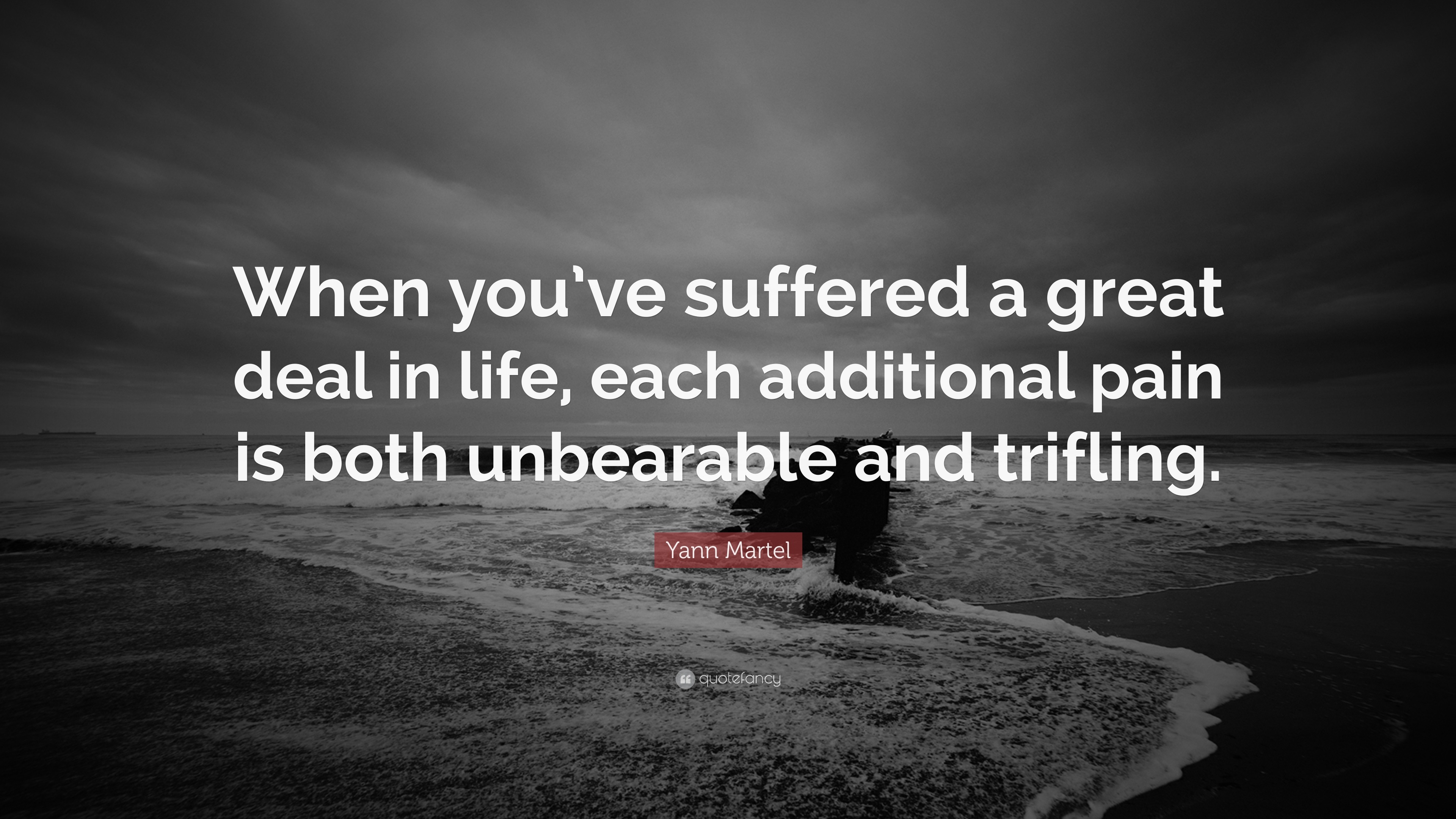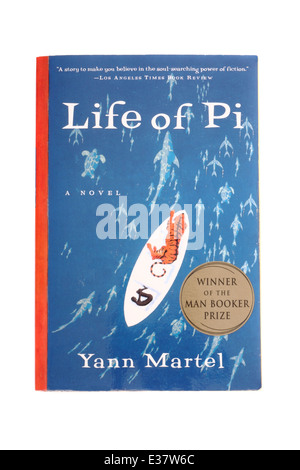
I have no family connection whatsoever, so I wondered, how could I write about it? Also, there’s something very story-killing about the Holocaust, which is why it is so dominated by the nonfictional mode. Returning to the book he’d been working on, Martel struggled. Before that I was an impoverished writer who had never gone on a tour or anything. “So I toured for two years,” Martel says, “and I loved it. Martel was living in Berlin, beginning to work on the new book, when his third book, Life of Pi, won the Man Booker Prize for fiction in 2002 and “went planetary,” selling seven million copies worldwide. It stayed in my mind as a little kernel and I just kept coming back to it, reading books on it and seeing the movies. But to my child’s mind-and even to an adult’s mind-there seemed to be no logic to the Holocaust. Going to war makes a kind of sense: You hate someone, you go to war with them.

Wars are a thrill to a child’s imagination.

I remember being taught about the Second World War and about the Holocaust, and it just stuck out, the Holocaust did. And the Second World War, which for North Americans is a foreign tragedy, a foreign adventure, is for Europeans right on their doorstep. “I lived in France as a child for a few years.

He praises “the undervalued, underappreciated, stunning landscapes of the prairies,” and the “very strong sense of community in small, isolated places” like Saskatoon, before returning to the origins of his new novel. In conversation, Martel speaks rapidly, unspooling long, eloquent skeins of thought.

Martel and his partner, novelist Alice Kuipers, and their seven-month-old son Theo (who coos occasionally in the background) are visiting with family while en route from their home in Saskatoon to a literary festival in Dubai. “I have always been interested in the Holocaust,” Martel says during a call to his hotel room in Toronto. In the first novel since his phenomenal bestseller, Martel once again uses an animal story to make profound points about humanity. One of those questions will surely be: How does this book-which features a writer named Henry whose particulars seem similar to Martel’s own, a cheerless taxidermist who seeks Henry’s literary advice, and bits and pieces of the taxidermist’s play about a donkey named Beatrice and a monkey named Virgil-have anything to do with the Holocaust? The novel contains none of the iconic events and images we associate with that evil, the word itself is rarely uttered in the book. The end of Yann Martel’s extraordinary new novel, Beatrice and Virgil, is shocking and moving and will, as great philosophical novels should, launch a thousand questions.


 0 kommentar(er)
0 kommentar(er)
